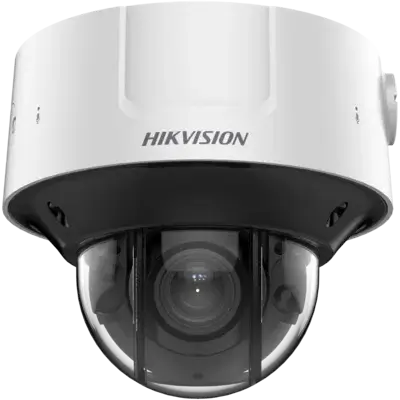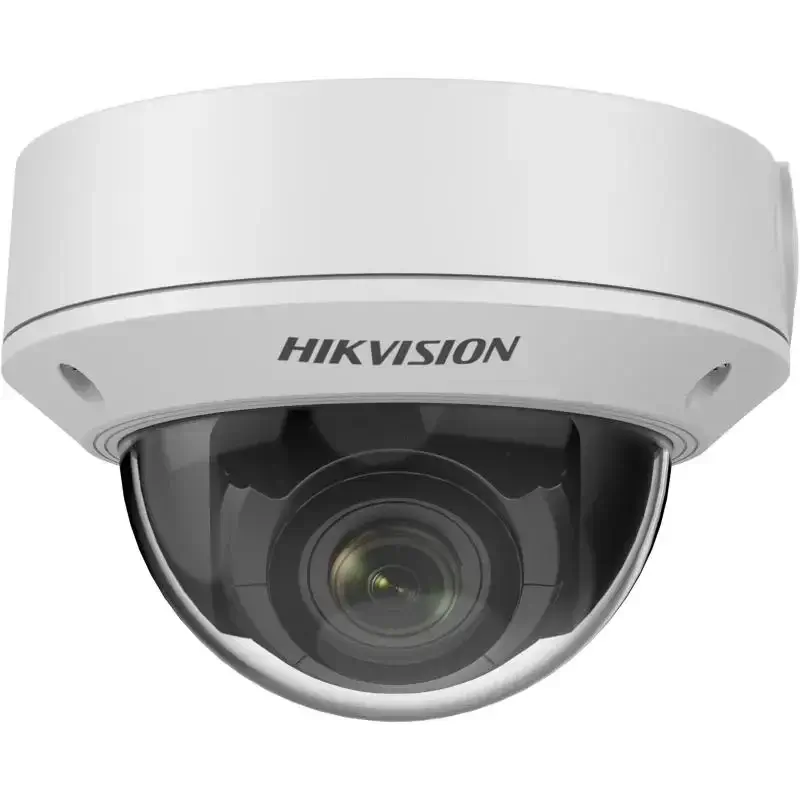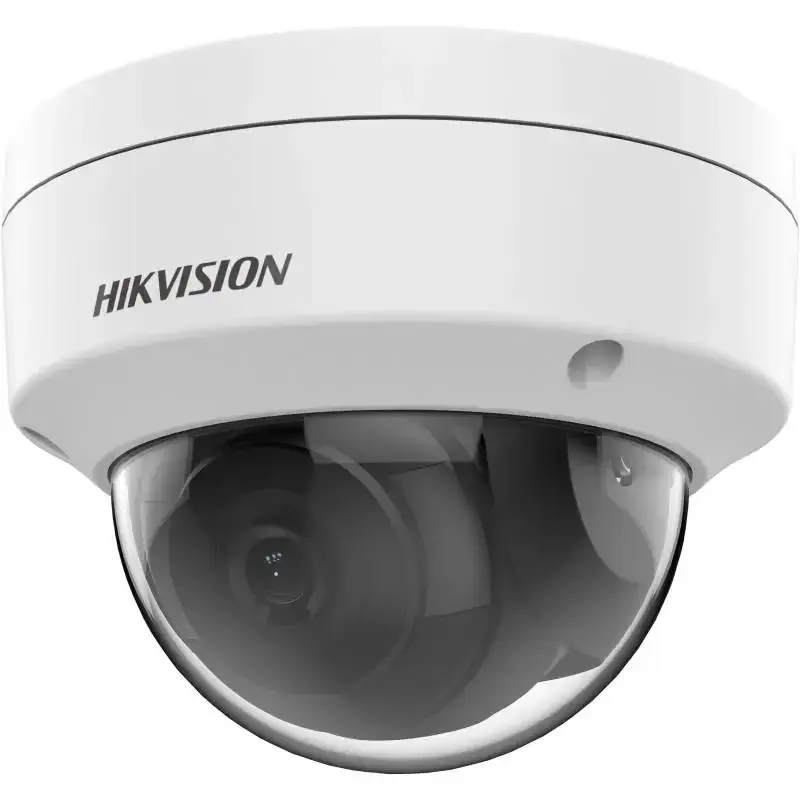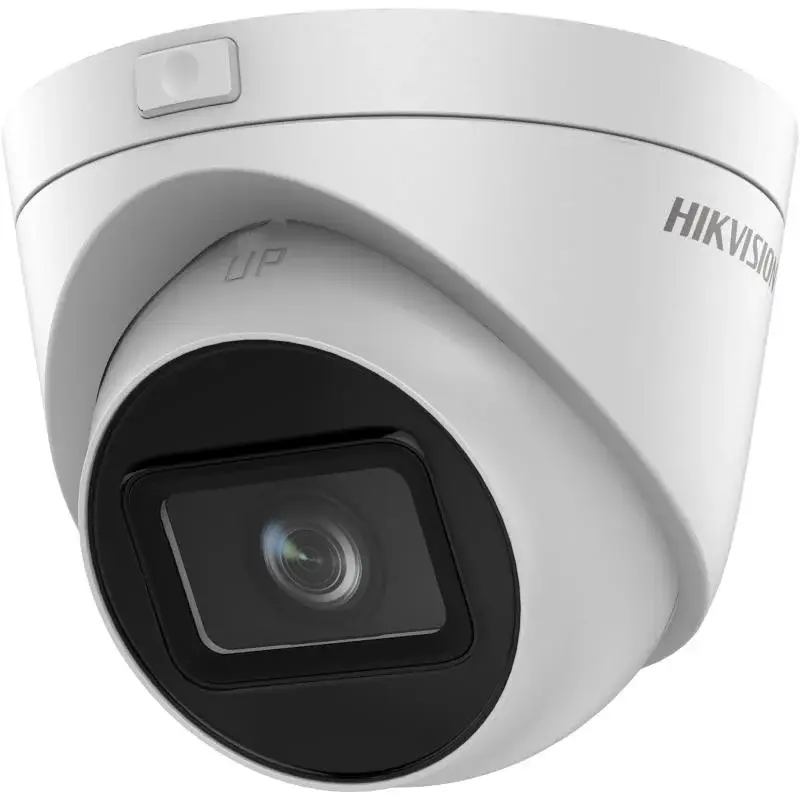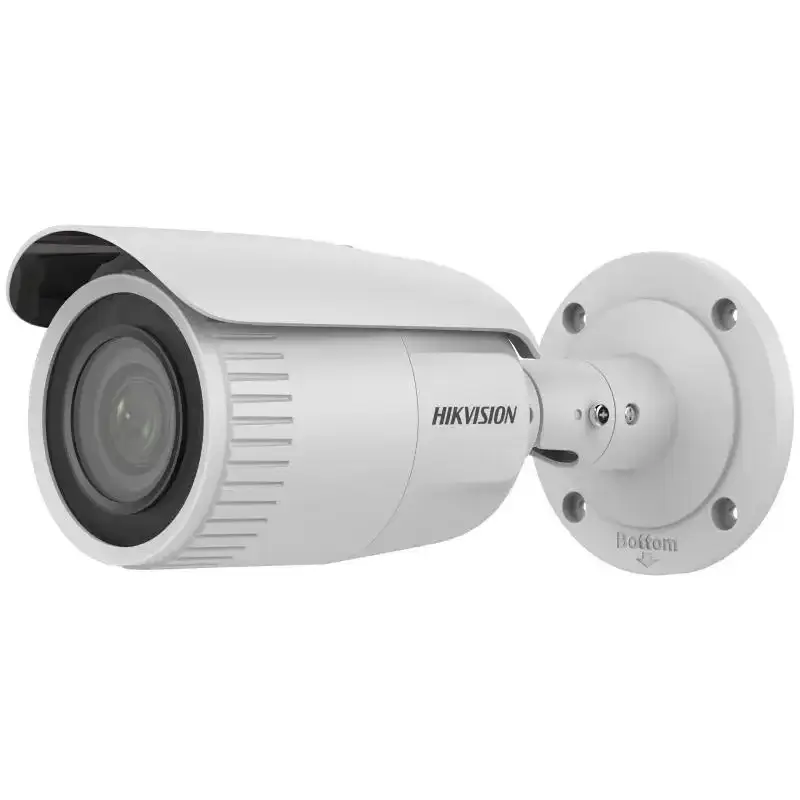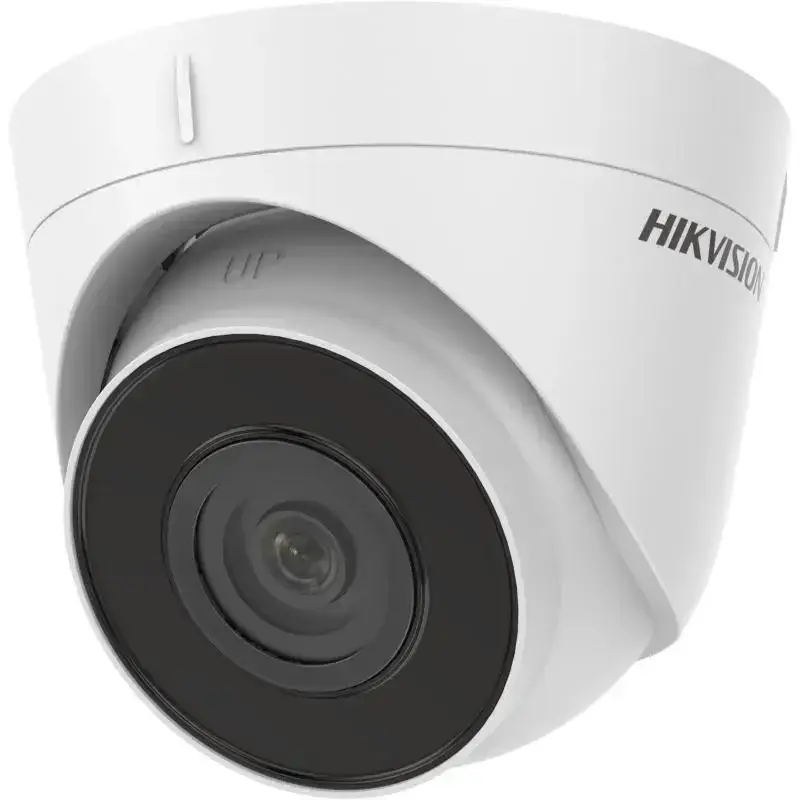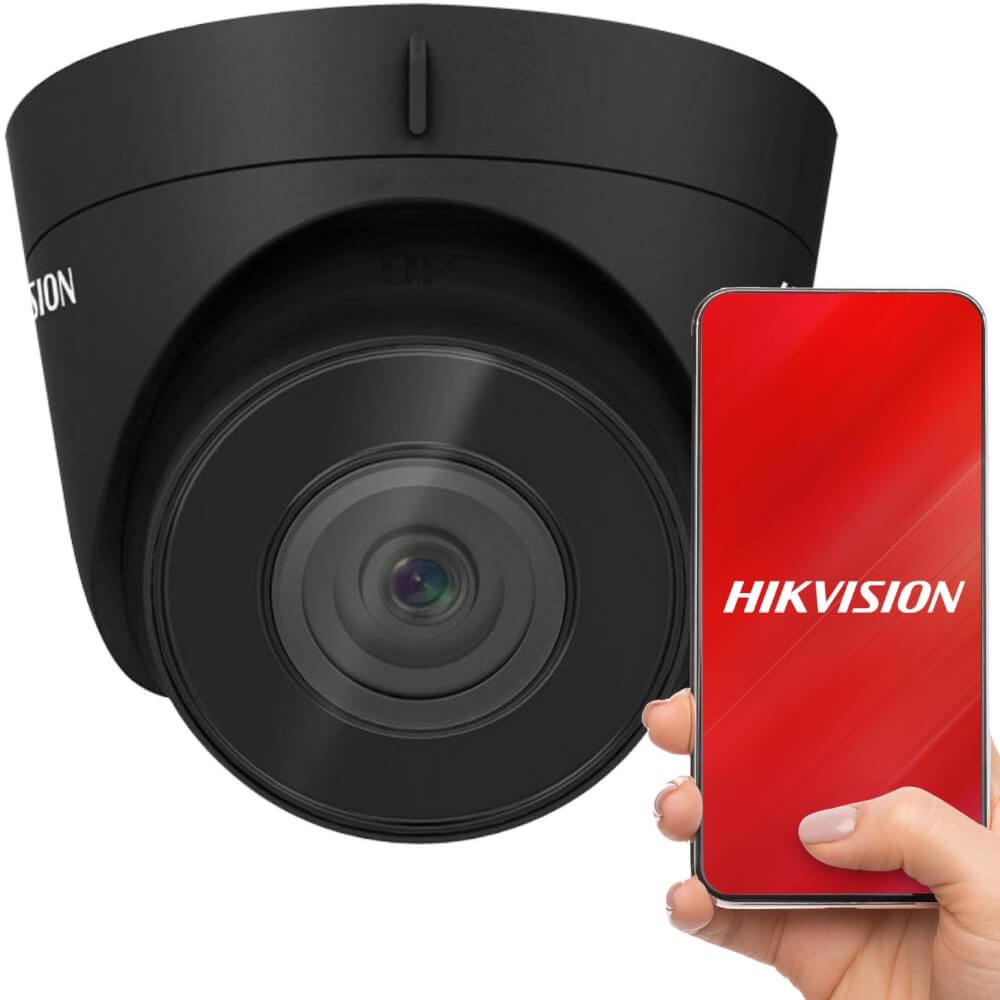
Differences Between IP Cameras and Analog Cameras
Product Brief:
Differences Between IP Cameras and Analog Cameras
One of the main questions when choosing a security system is the difference between IP cameras and analog cameras. Although both types are used for security purposes, they differ in technology, installation methods, and functionality. In this article, we will explore the key differences between IP and analog cameras.
1. Signal and Image Quality
- IP Camera: Works with a digital signal and can provide Full HD, 4K, or even 8K image quality. It has a high resolution for clearer and more detailed images.
- Analog Camera: Since the signal is transmitted via analog technology, image quality is lower. Typically, it supports 480p, 720p, or, in some cases, 1080p resolution.
2. Connection and Installation
- IP Camera: Works with an Internet Protocol (IP) and can be connected via Wi-Fi or network cable (Ethernet). Installation is more flexible and supports wireless connectivity.
- Analog Camera: Connects via a coaxial cable and transmits the video signal to a DVR (Digital Video Recorder). Since it is a wired system, installation can be more complex.
3. Data Storage and Processing
- IP Camera: Video recordings can be stored in cloud storage, an SD card, or an NVR (Network Video Recorder). It supports intelligent analysis features such as motion detection.
- Analog Camera: Videos are recorded through a DVR and usually stored on a physical hard disk (HDD). Video processing is limited, and AI-based analysis is rarely possible.
4. Security and Encryption
- IP Camera: Data is transmitted in encrypted form, which provides better cybersecurity protection.
- Analog Camera: Signal encryption is weak, making it more vulnerable to interference.
5. Cost and Expenses
- IP Camera: The initial investment may be high, but it offers long-term and more flexible solutions.
- Analog Camera: A more affordable option, but with limitations in image quality and functionality.
6. Areas of Use
- IP Camera: Ideal for large companies, hotels, factories, and facilities requiring remote monitoring.
- Analog Camera: More suitable for small businesses, homes, and budget-friendly security systems.
Conclusion: Which One to Choose?
If high image quality, remote control, intelligent analysis, and security are essential for you, IP cameras are the best choice. However, if affordability and a simple system are your priorities, analog cameras can be an alternative. Before deciding, it's crucial to consider your security needs and budget.
Data
Differences Between IP Cameras and Analog Cameras
One of the main questions when choosing a security system is the difference between IP cameras and analog cameras. Although both types are used for security purposes, they differ in technology, installation methods, and functionality. In this article, we will explore the key differences between IP and analog cameras.
1. Signal and Image Quality
- IP Camera: Works with a digital signal and can provide Full HD, 4K, or even 8K image quality. It has a high resolution for clearer and more detailed images.
- Analog Camera: Since the signal is transmitted via analog technology, image quality is lower. Typically, it supports 480p, 720p, or, in some cases, 1080p resolution.
2. Connection and Installation
- IP Camera: Works with an Internet Protocol (IP) and can be connected via Wi-Fi or network cable (Ethernet). Installation is more flexible and supports wireless connectivity.
- Analog Camera: Connects via a coaxial cable and transmits the video signal to a DVR (Digital Video Recorder). Since it is a wired system, installation can be more complex.
3. Data Storage and Processing
- IP Camera: Video recordings can be stored in cloud storage, an SD card, or an NVR (Network Video Recorder). It supports intelligent analysis features such as motion detection.
- Analog Camera: Videos are recorded through a DVR and usually stored on a physical hard disk (HDD). Video processing is limited, and AI-based analysis is rarely possible.
4. Security and Encryption
- IP Camera: Data is transmitted in encrypted form, which provides better cybersecurity protection.
- Analog Camera: Signal encryption is weak, making it more vulnerable to interference.
5. Cost and Expenses
- IP Camera: The initial investment may be high, but it offers long-term and more flexible solutions.
- Analog Camera: A more affordable option, but with limitations in image quality and functionality.
6. Areas of Use
- IP Camera: Ideal for large companies, hotels, factories, and facilities requiring remote monitoring.
- Analog Camera: More suitable for small businesses, homes, and budget-friendly security systems.
Conclusion: Which One to Choose?
If high image quality, remote control, intelligent analysis, and security are essential for you, IP cameras are the best choice. However, if affordability and a simple system are your priorities, analog cameras can be an alternative. Before deciding, it's crucial to consider your security needs and budget.


